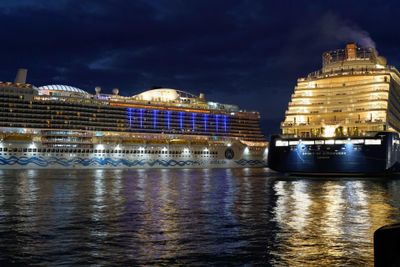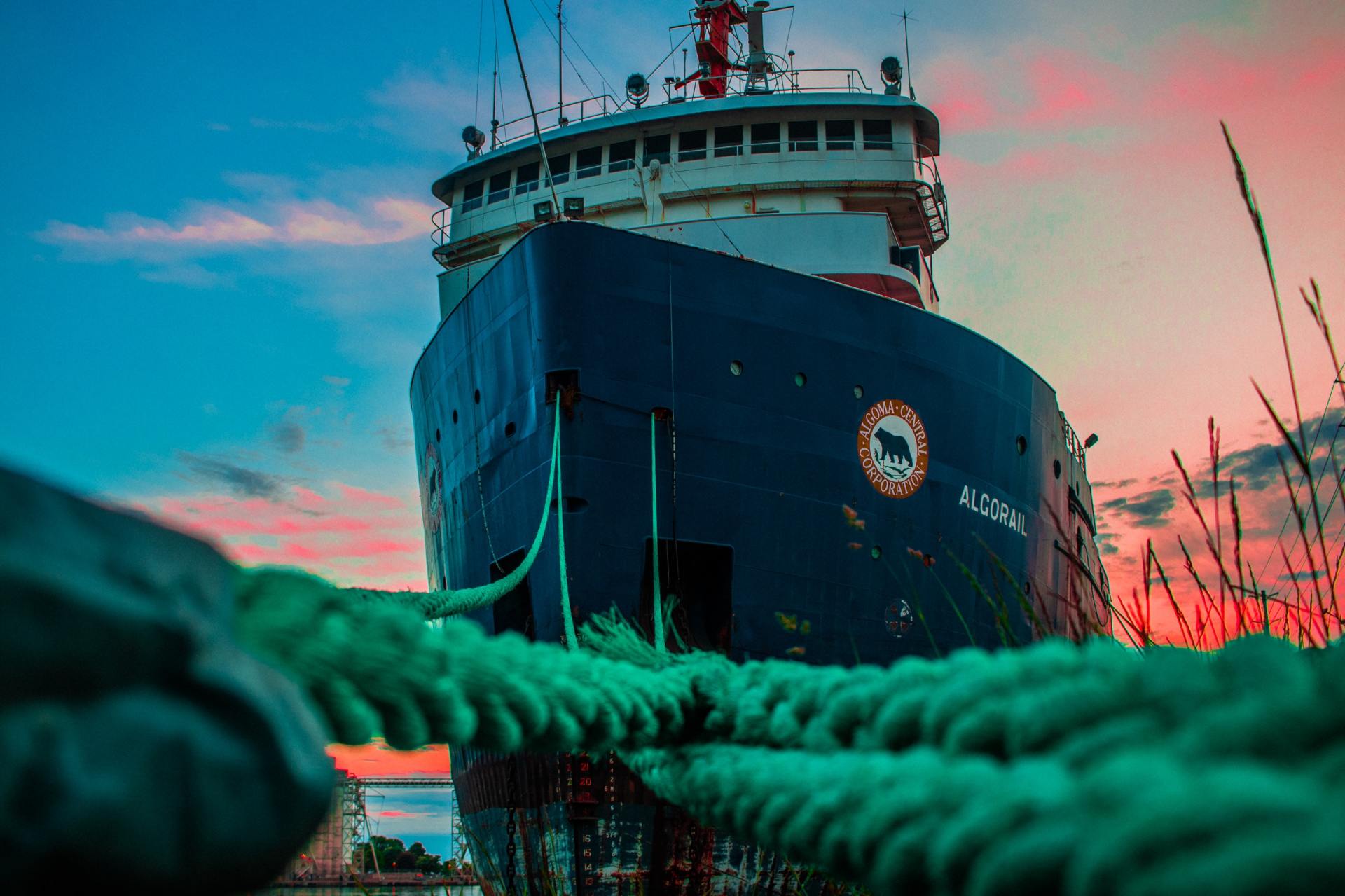Tonnage Tax - Martime Transport-Green Shipping
Portuguese Tonnage Tax Scheme for Ships – Benefits
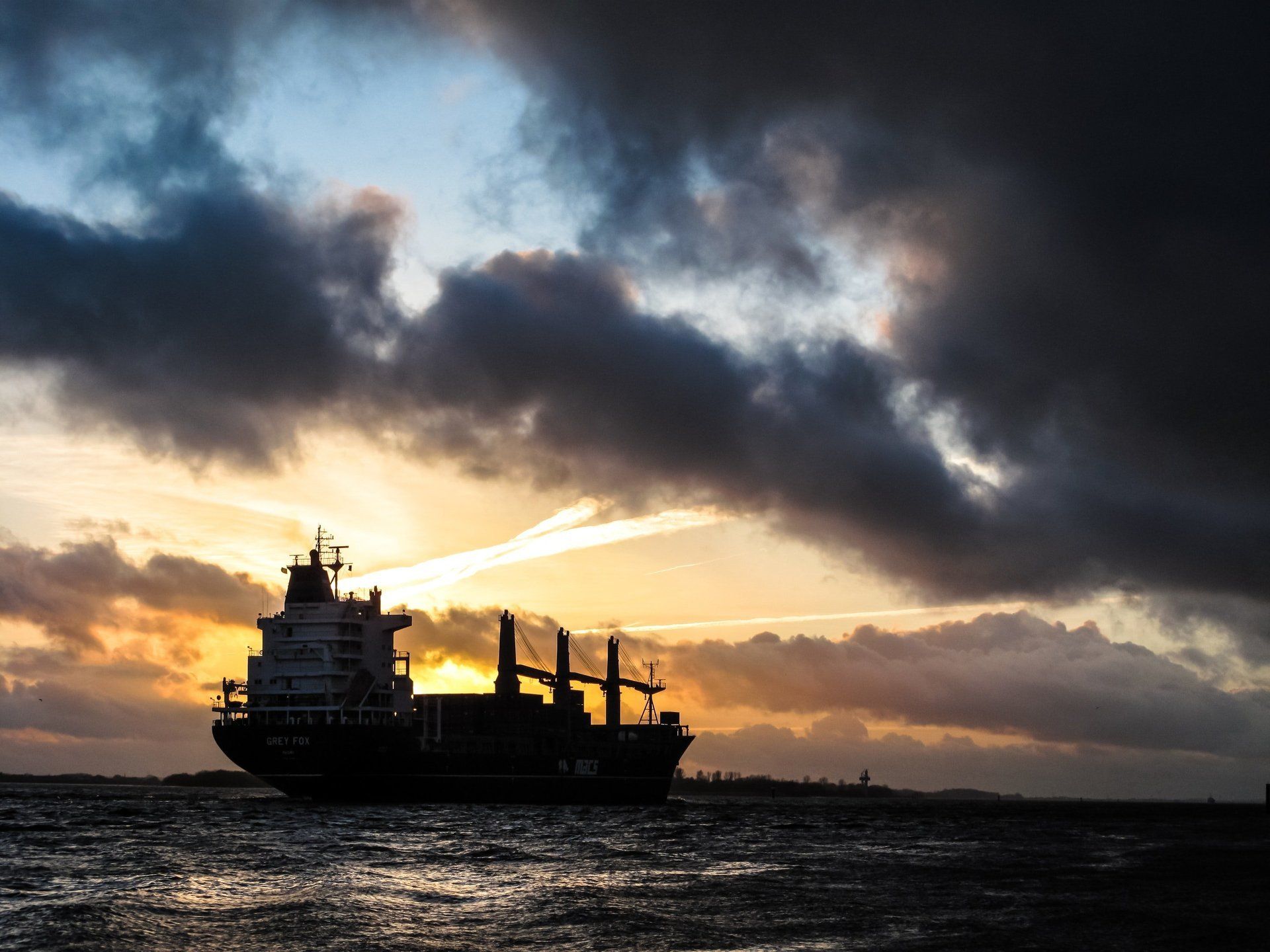
Choose your Route
Shipping companies need to take a critical look at their business models. Map your tax regime and route to Porgugal, one of the world´s most important shipping nations.
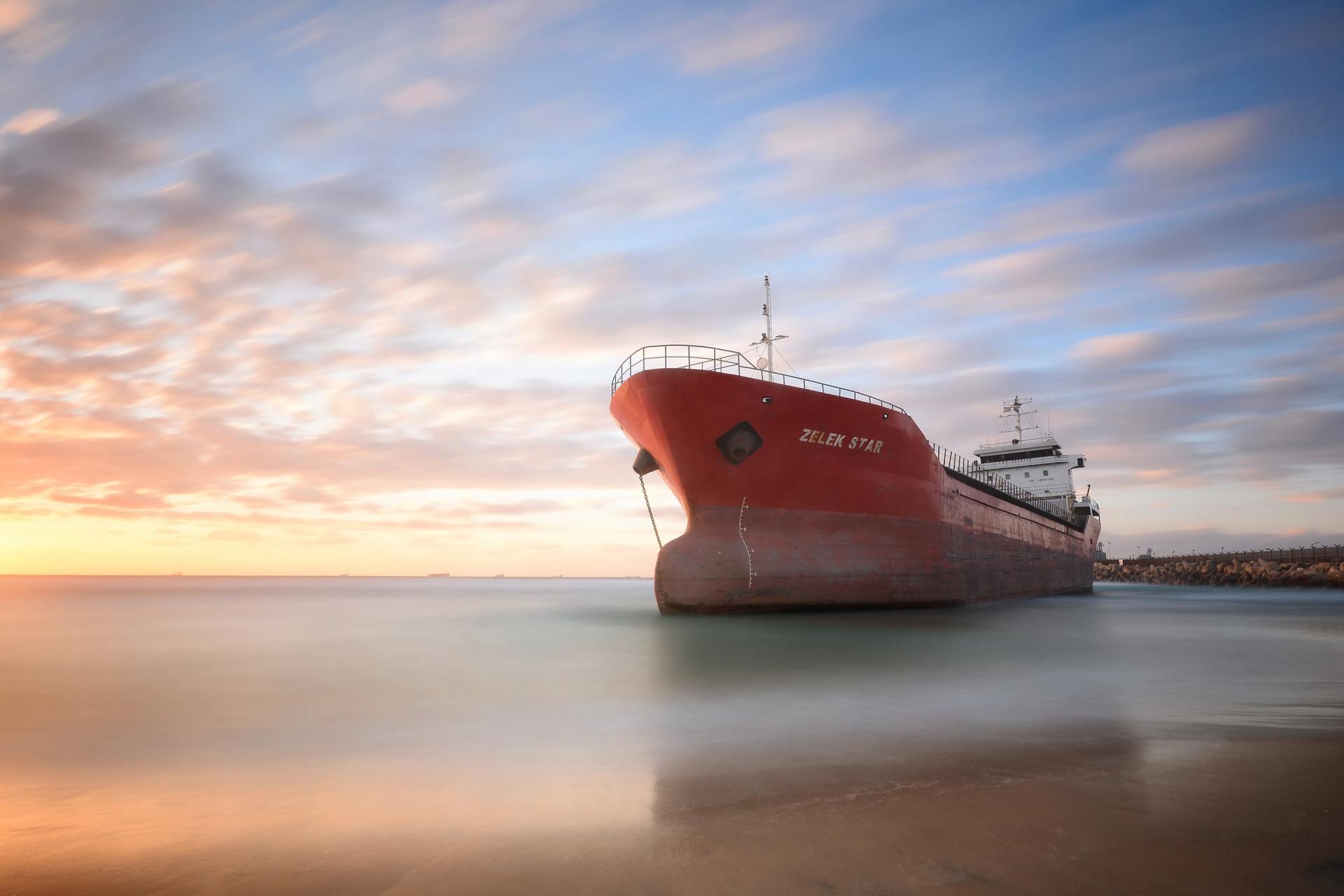
Portuguese Tonnage Tax
Vital tool in the growth and development of shipping. RINMAR or Tax Tonnage Scheme are the gateway to the devolpment of Shipping.
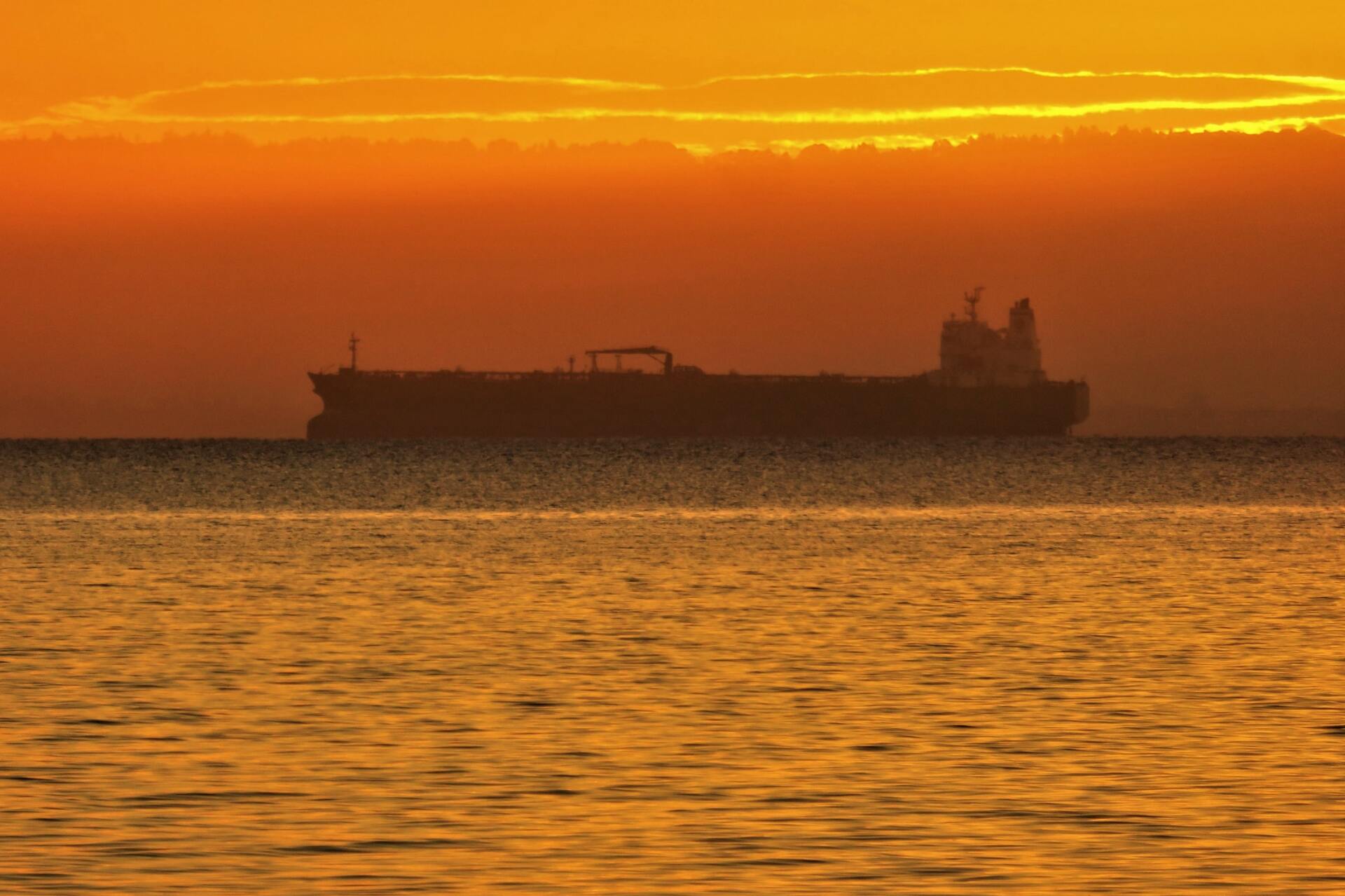
Tax Incentive Measures
The measures implemented develop maritime and other sectors of the economics connected with ship transportation of cargoes and passengers.
See Other Benefits
Commission approves Portuguese Tonnage Tax and Seafarer Scheme
What is Tonnage Tax - Purpose.
Requirements - Portuguese Tonnage Tax System.
- At least 60% of the respective net tonnage must fly a flag of a European Member State (EU) or an Economic European Area State (EEA) and be managed from an EU or EEA State;
- In terms of chartering, the net tonnage of the ships under a charter cannot exceed 75% of the total fleet of the charterer and must comply with the flag and management requirements detailed above;
- At least 50% of the crew of the relevant ships must be nationals from EU, EEA or Portuguese-speaking countries, except for very limited exceptional cases.
Tax Details
| Net Tonnage | Daily Taxable Income for Each 100 net Tonnes |
|---|---|
| Up to 1,000 net tonnes | € 0.75 |
| 1,001-10,000 net tonnes | € 0.60 |
| 10,001-25,000 net tonnes | € 0.40 |
| Over 25,001 net tonnes | € 0.20 |
Support Crew
Seafarer Scheme
Crew members that are employed on vessels eligible under the tonnage tax regime can be exempt from paying personal income tax (IRS). A minimum of 90 days on board the vessel is required in each tax year, as well as meeting a number of other conditions.
The new scheme also allows the crew to pay reduced social security contributions; total rate of 6%, 4.1% paid by the employer and 1.9% by the member of the crew.
Crew members will be covered by the general social security regime and shall be entitled to parental, unemployment, illness, occupational illness, disability, old age and death benefits, subject to a contribution rate of 6% (4.1% paid by the employer and 1.9% by the crew member).
Covered & Excluded Maritime Activites
COVERED ACTIVITIES
- Maritime transport of persons and goods, namely the transport as such, the sale of goods for consumption onboard as well as the supply of services directly related with the transport.
- Activities of research vessels, support of offshore activities, and towage and dredging are covered, provided that, among other things, 50% of the annual operations constitute maritime transport. (EXPLICITLY) EXCLUDED ACTIVITIES
- The tonnage tax scheme generally excludes the activities not covered by the scheme, but it also explicitly excludes, namely, the following activities:
- regular passenger transport activities, unless carried out in Madeira and the Azores;
- activitiestheobjectofwhichisnotthe transport of goods or passengers, such as fishing;
- provision of services consisting of loading, unloading, piloting, and towing to third parties;
- museum activities, feasibility studies, exploration and extraction of natural resources, and marine conservation;
- permanentlyanchoredvessels;and
- leisure, recreational, educational, or
- social activities.
EXCLUDED ACTIVITIES
- Regular passenger transport activities, unless carried out in Madeira and the Azores;
- Activitiestheobjectofwhichisnotthe transport of goods or passengers, such as fishing;
- Provision of services consisting of loading, unloading, piloting, and towing to third parties;
- Museum activities, feasibility studies, exploration and extraction of natural resources, and marine conservation;
- Permanently anchored vessels;and Leisure, recreational, educational, or social activities.
Strategic Planning Session
Brooklyn Fennel is committed to cover almost every area of business law, including: Corporate and Commercial Law; Tax Law ; Expatriatory Services, Real Estate and Humans Rights Law. We will provide clients with comprehensive legal services pertaining to their corporations worldwide. Contact us so that we can assist you swiftly and efficiently.
Thank you for contacting us. We will return as soon as possible.
Sorry, there was an error sending the message. Please try again later.
